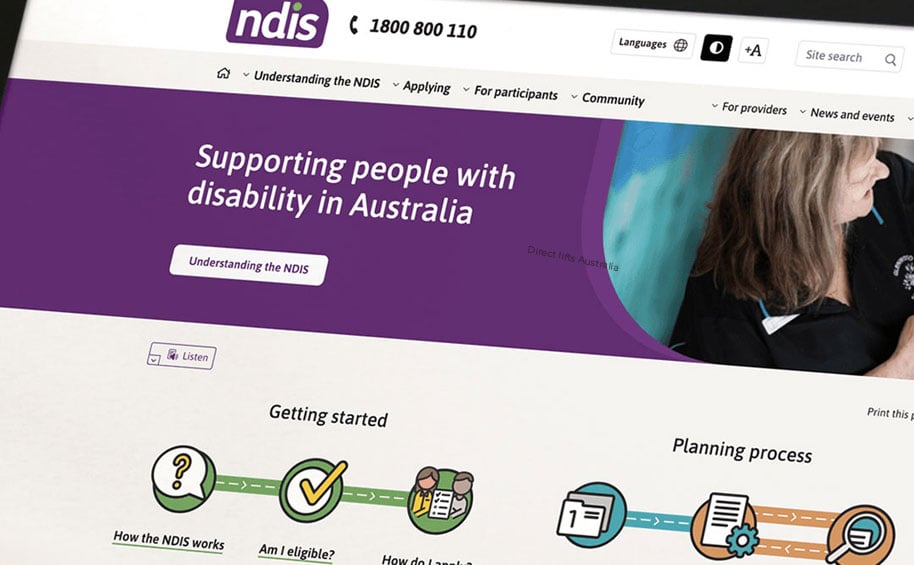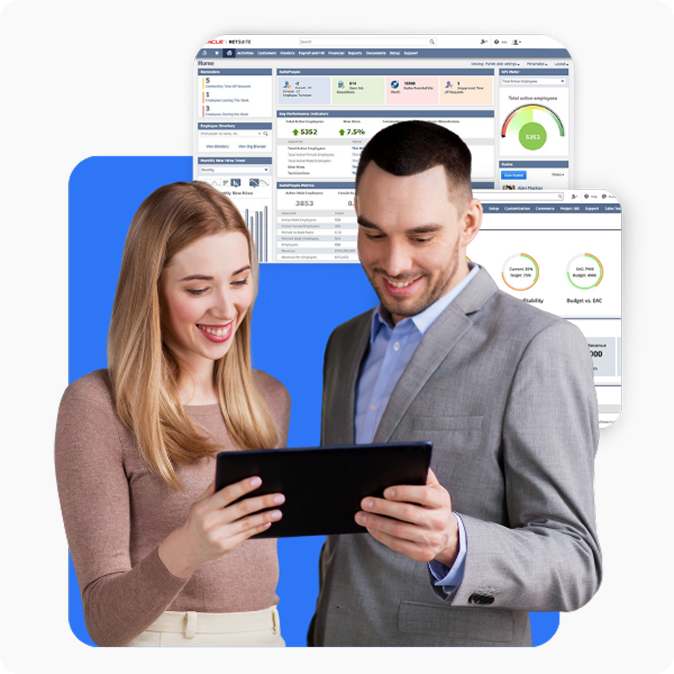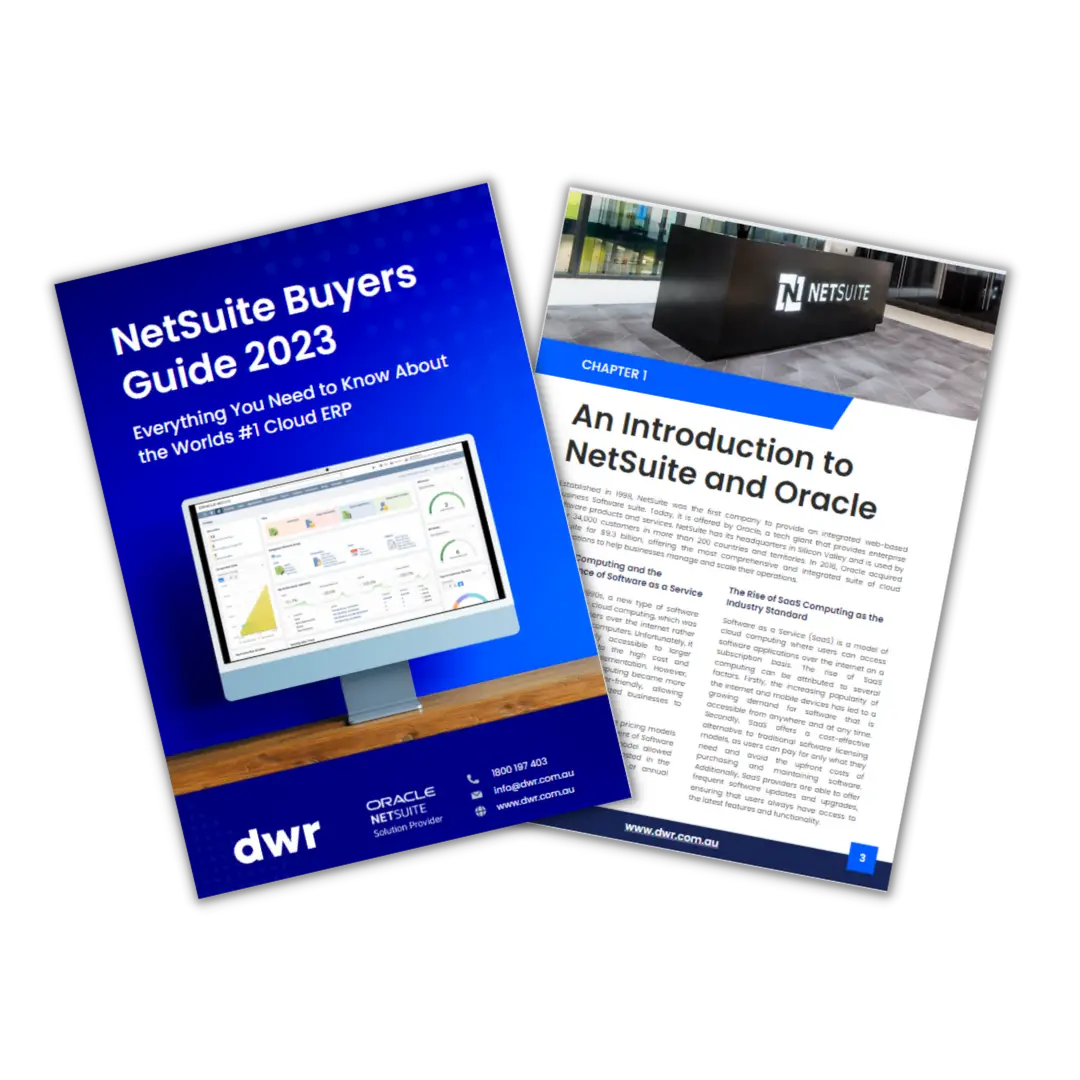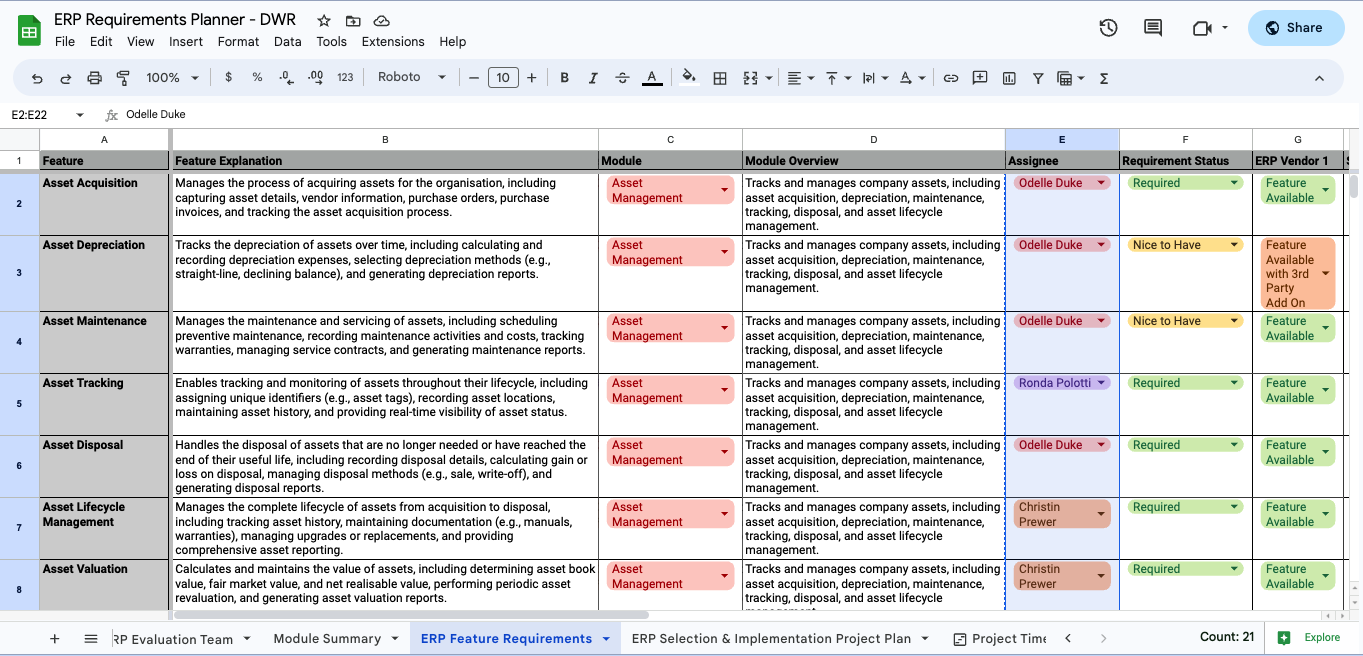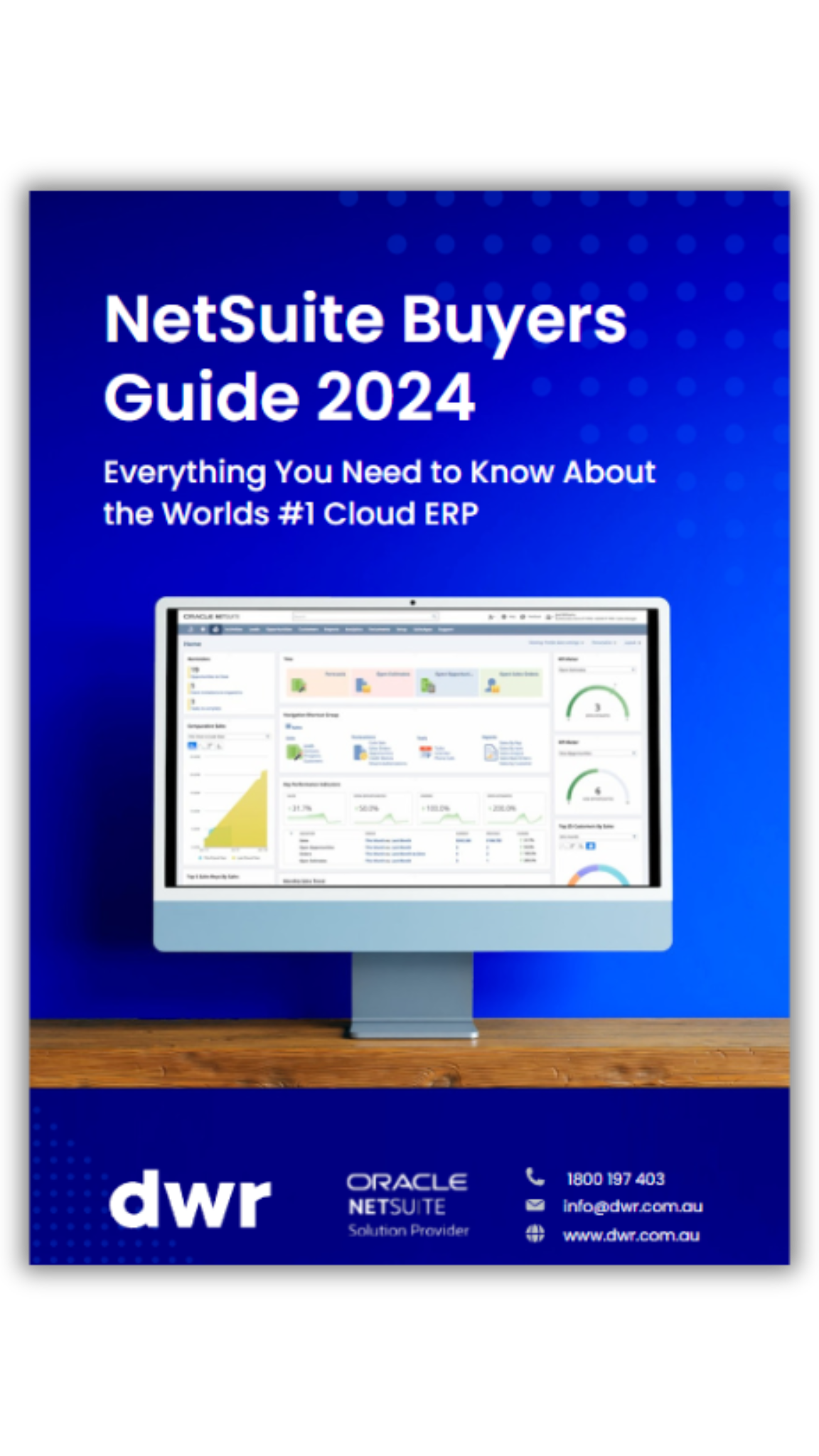In a wide range of industries, business intelligence (BI) tools and software have become increasingly important. BI tools are powerful solutions that allow businesses to gain valuable insights from their data, enabling them to make better-informed decisions. However, with so many BI tools and software options available, it can be difficult to know which one to choose.
In this article, we will explore the top BI tools for data-driven decision making.
Understanding BI Tools
Business intelligence tools are software applications that are designed to analyse and transform raw data into actionable insights. With the help of BI tools, businesses can make better-informed decisions based on real-time data. These tools can be used to perform a range of tasks, including data mining, predictive analytics, and reporting.
One of the key features of BI tools is the ability to create interactive financial reports and dashboards. This allows users to easily access and analyse data, making it easier to identify trends and patterns. BI tools can also be used to perform ad hoc analysis, allowing users to quickly and easily answer complex business questions.
Types of BI Tools
There are several types of BI tools available, each with its own set of features and capabilities. Some of the most popular types of BI tools include:
- BI reporting tools: These tools are designed to create reports and visualisations based on data from multiple sources.
- Business analytics software: This type of software is designed to analyse data and provide insights that can help businesses make better-informed decisions.
- Business insights tools: These tools are designed to provide users with real-time insights into their business operations.
- Business intelligence software: This type of software is designed to provide businesses with a comprehensive view of their data, allowing them to make better-informed decisions.
Top BI Tools
There are many BI tools available on the market, each with its own set of strengths and weaknesses. Some of the top BI tools include:
Microsoft Power BI
This cloud-based solution offers businesses a wide range of features for data analysis, including easy connections to multiple data sources, data preparation, data modelling, and visualisation. With Power BI, businesses can create interactive financial management reports and dashboards that can be accessed from anywhere, at any time, with a high level of security.
NetSuite SuiteAnalytics
NetSuite offers an inbuilt BI tool that allows users to scrutinise data within NetSuite’s Financial Management Software. The tool also provides powerful dashboards for data visualisation across a wide range of user roles. NetSuite Analytics enables users to create custom reports and dashboards to gain insights into their business operations, and it also supports multiple data sources and real-time data updates.
Tableau
Tableau is a powerful data visualisation tool that allows users to easily create interactive dashboards and reports. Tableau enables businesses to connect to various data sources, including cloud data sources, spreadsheets, and on-premise databases. The tool also has a wide range of data analysis and visualisation features that allow businesses to gain insights into their operations and make data-driven decisions.
QlikView
QlikView is a business intelligence tool that allows users to quickly analyse and visualise data from multiple sources. With QlikView, businesses can gain insights into their operations by creating interactive dashboards and reports that provide real-time data updates. QlikView also offers a wide range of data analysis features, including predictive analytics and data modelling.
IBM Cognos Analytics
IBM Cognos Analytics is designed to provide businesses with a comprehensive view of their data, allowing them to make better-informed decisions. The tool offers a wide range of features for data analysis, including reporting, dashboards, data modelling, and data exploration. IBM Cognos Analytics also supports multiple data sources and enables businesses to create custom reports and dashboards.
SAP BusinessObjects
SAP BusinessObjects is a powerful reporting tool that allows users to easily create reports and visualisations based on data from multiple sources. The tool offers a wide range of features for data analysis, including data modelling, dashboards, and predictive analytics. SAP BusinessObjects also offers advanced features for data security and data governance, making it an ideal solution for businesses that require a high level of data security and compliance.
Choosing the Right BI Tool
When choosing a BI tool, there are several factors to consider. One of the most important factors is the size and complexity of your organisation. Larger organisations may require more robust BI tools that can handle large volumes of data and complex analytics.
Other factors to consider when choosing a BI tool include integration capabilities with existing systems, customisation options and ease of use, pricing, and overall return on investment.
Integration Capabilities with Existing Financial Management Software Systems
When choosing a BI tool, it's essential to consider how well it integrates with your financial management software systems. This can include data sources, databases, and other applications. Ideally, your BI tool should be able to integrate with your existing systems seamlessly, without requiring a significant investment of time or resources.
Customisation Options and Ease of Use
Customisation is another important factor to consider when choosing a BI tool. Some tools offer extensive customisation options, allowing users to tailor the interface and functionality to their specific needs. On the other hand, some BI tools have a more rigid interface and limited customisation options. The ease of use is also a critical factor, as a user-friendly interface can make a significant difference in the effectiveness of a BI tool.
Pricing and Overall Return on Investment
Pricing is another critical consideration when choosing a BI tool. Some BI tools can be expensive, while others offer free or low-cost versions. It's essential to balance the cost of the tool with its potential benefits, considering the overall return on investment. A lower-cost tool may seem attractive, but if it doesn't provide the functionality you need or if it requires extensive resources to use effectively, it may not be the best choice for your business.
Summary
Business intelligence tools have become essential in helping businesses make data-driven decisions. By understanding the different types of BI tools available and choosing the right one for your business, you can gain valuable insights that can lead to growth and success. Whether you're a small business owner or part of a large enterprise, the right BI tool can help you unlock the full potential of your data.
.svg)

.avif)
















